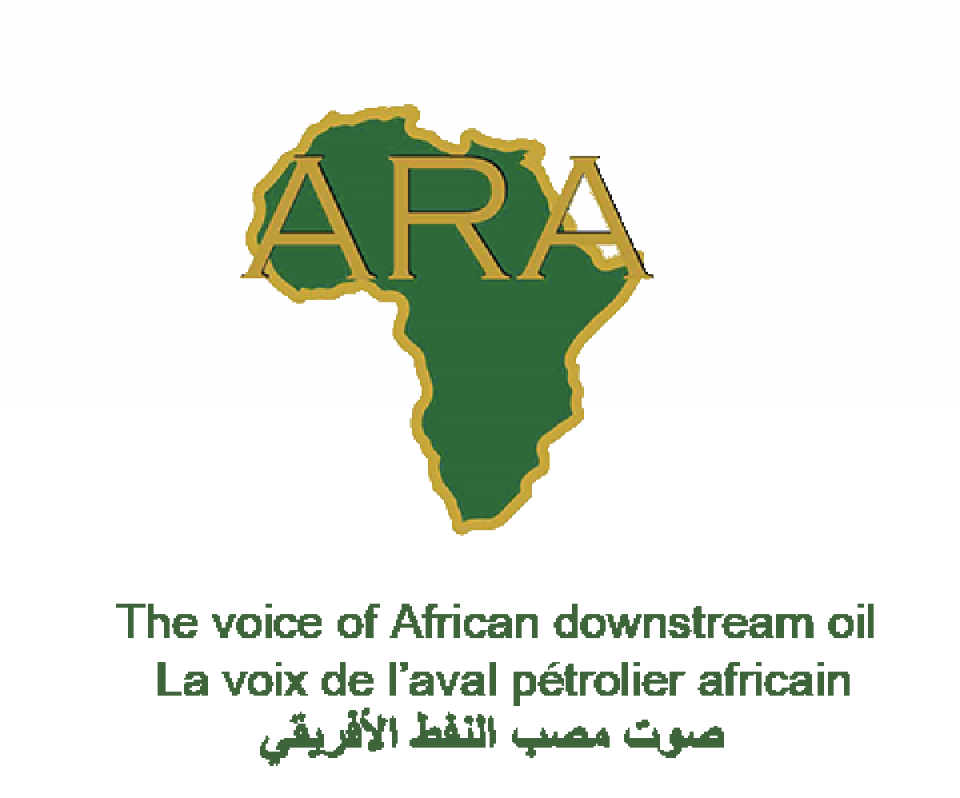- Group to woo financers for upgrade of continent’s refineries
A move by the African Refiners & Distributors Association (ARA), and the African Union (AU), to ensure common standard for the importation and refining of petroleum products on the continent remains critical to trade, environment and the economy of the region, stakeholders said, Wednesday.
Under the plan, Africa is expected to adopt harmonized AFRI Clean Fuel Specifications across. The Cleaner Fuel spec recommends adoption of AFRI five (50 ppm sulphur for gasoline and diesel) by 2025, and AFRI 6 spec (10 ppm for same products) by 2030.
ARA Executive Secretary, Anibor Kragha, had told The Guardian that the objective is to stop the importation of fuels not meeting these AFRI specs into Africa by 2021, and give existing refineries until 2025 to upgrade their facilities to produce the cleaner specs.
This comes when a number of refineries are already springing up in Nigeria, even as the Nigerian National Petroleum Corporation (NNPC), also considers rehabilitating its existing refineries.
Kragha disclosed that the Economic Community of West African States (ECOWAS) Council of Ministers of Hydrocarbons in February 2020 already recommended product imports to meet AFRI five specs by 2021, and regional refineries to meet AFRI five specs by 2025.
While some stakeholders are concerned about the poor implementation of existing regulations in Nigeria, they noted that the new standard would allow petroleum products to be moved easily across Africa.
They also noted that the development would create uniform trade deals, boost pan African collaboration and allow uniform framework for implementation.
Recently, Stakeholders Democracy Network (SDN), had claimed that samples of petrol from illegal refineries in the Niger Delta were of a higher quality than imported equivalents, alleging that fuel exported from Europe exceeded EU pollution limits by as much as 204 times.
Although the standard currently being used in Nigeria is 150 ppm for petrol, the stakeholders condemned the regulation, saying it is 15 times higher than the EU standard.
Kragha said that AU and ARA had jointly held a virtual Consultative Forum with key stakeholders across the continent, including NNPC, Department of Petroleum Resources (DPR), ECOWAS, SAR of Senegal, NPA of Ghana, NOC of Ethiopia, Sonangol, SAPIA of South Africa, Sasol, UNEP, and others.
He revealed that the stakeholders’ input would be submitted to the AU Technical Meeting of African Energy Ministers in October, adding that two more consultative sessions are planned for July 13, and July 30, ahead of the report submission in August/September.




